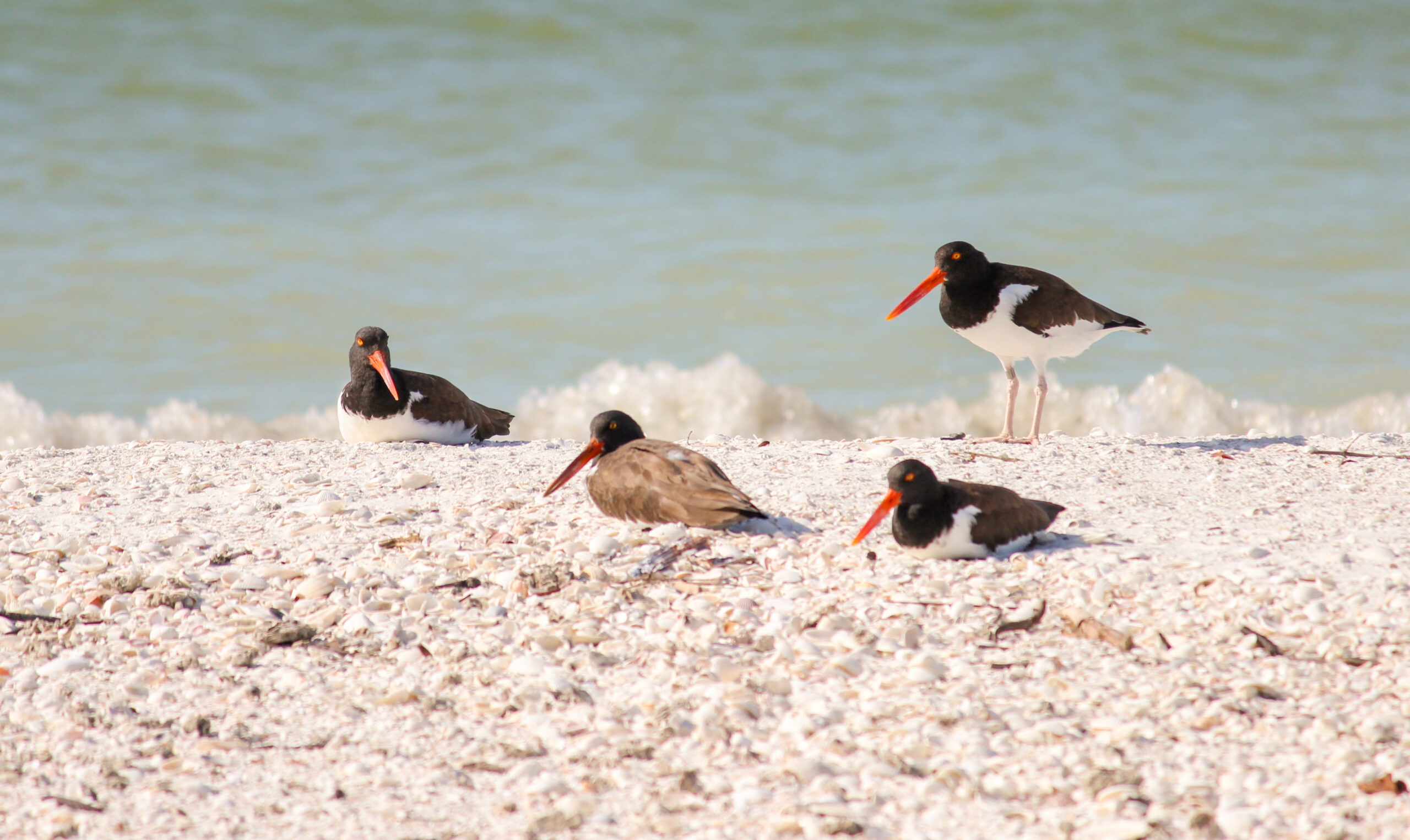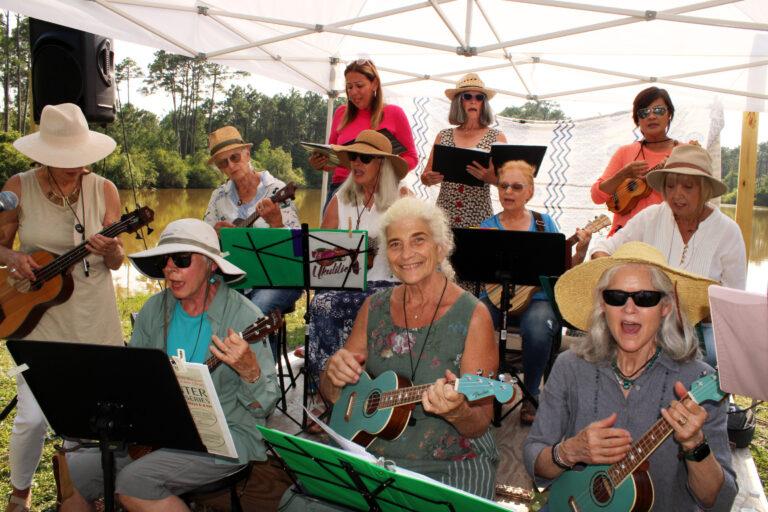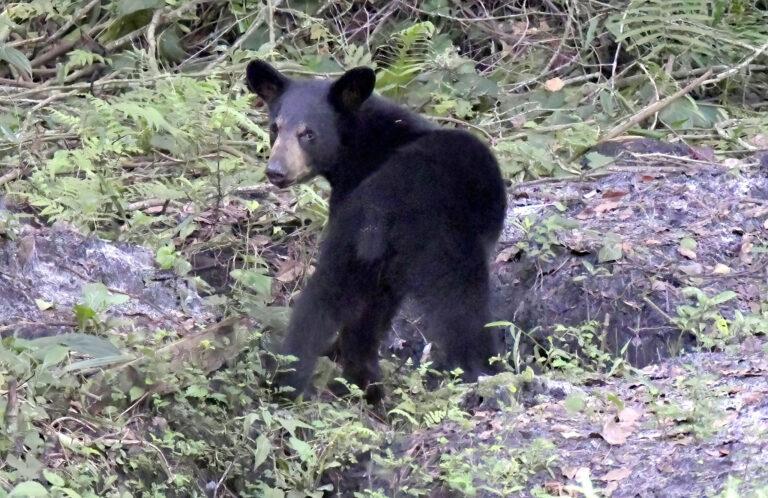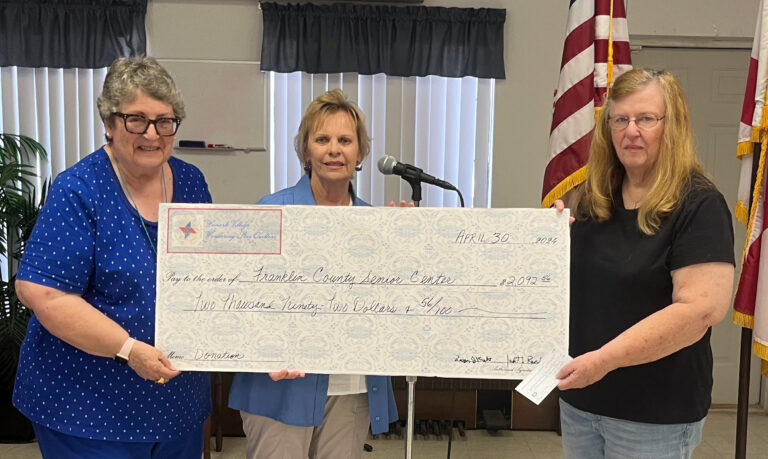Help sea turtles, waterbirds have nesting success
The Florida Fish and Wildlife Conservation Commission is reminding both locals and visitors that nesting season is underway for Florida’s imperiled sea turtles, shorebirds, seabirds and wading birds.
People spending time along the shore can help ensure nesting success for both sea turtles and waterbirds by giving them space, removing beach furniture and trash before leaving for the day, keeping beaches clean and dark, and leaving personal fireworks at home.
Florida’s sandy beaches provide important spring and summer nesting habitat for several species of federally-listed threatened and endangered sea turtles, including loggerhead, leatherback and green sea turtles, with occasional nesting by federally-listed endangered Kemp’s ridley sea turtles. Beaches are also important habitat for imperiled beach-nesting birds, including black skimmers, least terns, snowy plovers and American oystercatchers.
Be a hero for sea turtles and waterbirds by following these easy tips:
- Do the flock walk and walk around (not through) flocks of birds on the beach. Give beach-nesting birds at least 300 feet of space to avoid causing them to fly off, leaving vulnerable eggs and chicks exposed to dangerous elements and predators. Keep an eye out for chicks — shorebirds and seabirds nest in shallow scrapes in the sand and their eggs and chicks are well-camouflaged, making them vulnerable to being stepped on.
- If you’re lucky enough to spot a sea turtle nesting on the beach, keep at least 50 feet away to avoid causing her to leave the beach before completing the nesting process. Make sure to give hatchling sea turtles the same space to avoid disrupting their journey from the sand to the water. If an animal changes its behavior, you’re likely too close. Remember — it is illegal to harm or disturb nesting sea turtles, their nests and eggs, or to pick up hatchlings.
- Never enter posted areas. Whether on the water or on land, be on the lookout for posted nesting sites and watch for signs designating Critical Wildlife Areas on the beach or coastal islands – these areas are closed to public access to protect high concentrations of wading birds and shorebirds while they nest and raise their chicks. Beachgoers, boaters and personal watercraft users can help nesting birds by giving space and keeping noise volumes low near CWAs. If you spot large concentrations of wading birds in trees growing in the water or on islands, it could be an active nesting site even if not posted. Avoid getting too close to prevent disturbance.
- Clear the way at the end of the day — properly dispose of or recycle all trash, fill in human-made holes in the sand, and remove all beach toys and furniture from the beach before sunset. Obstacles on the beach can prevent sea turtles from nesting. Trash and other obstacles can also prevent sea turtle hatchlings from reaching the water once they emerge from their nests, as well as entangle shorebirds, turtles and other wildlife. Food scraps attract predators, such as raccoons and crows, that can prey on sea turtle hatchlings, as well as shorebird eggs and chicks. Fishing line can be deadly to sea turtles, waterbirds and other wildlife, so be sure to dispose of it properly. To find a monofilament recycling station near you, visit myfwc.com.
- Turn off lights or close curtains after dark to ensure nesting turtles are not disturbed or disoriented as they come ashore and hatchlings will not become disoriented when they emerge from their nests. Any lighting can misdirect and disturb nesting sea turtles and their hatchlings, leading them away from the ocean and toward potential danger. If lighting is still visible, make sure exterior lighting adjacent to nesting beaches is long, low and shielded. Use natural starlight to see when on the beach at night and avoid using flashlights, cell phone lights and taking flash photos after dark on the beach.
- Pet owners can also help by keeping dogs at home or on a short leash and far away from wildlife when bringing dogs to pet-friendly beaches. Even friendly dogs can be seen as predators by shorebirds, which can cause them to flush and leave their eggs and chicks.
You can also help sea turtles by reporting anyone disturbing a sea turtle or nest, as well as sea turtles that are sick, injured, entangled or dead to the FWC’s Wildlife Alert Hotline at 888-404-FWCC (3922).








Meet the Editor
David Adlerstein, The Apalachicola Times’ digital editor, started with the news outlet in January 2002 as a reporter.
Prior to then, David Adlerstein began as a newspaperman with a small Boston weekly, after graduating magna cum laude from Brandeis University in Waltham, Massachusetts. He later edited the weekly Bellville Times, and as business reporter for the daily Marion Star, both not far from his hometown of Columbus, Ohio.
In 1995, he moved to South Florida, and worked as a business reporter and editor of Medical Business newspaper. In Jan. 2002, he began with the Apalachicola Times, first as reporter and later as editor, and in Oct. 2020, also began editing the Port St. Joe Star.